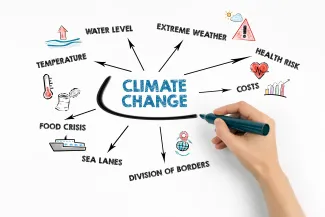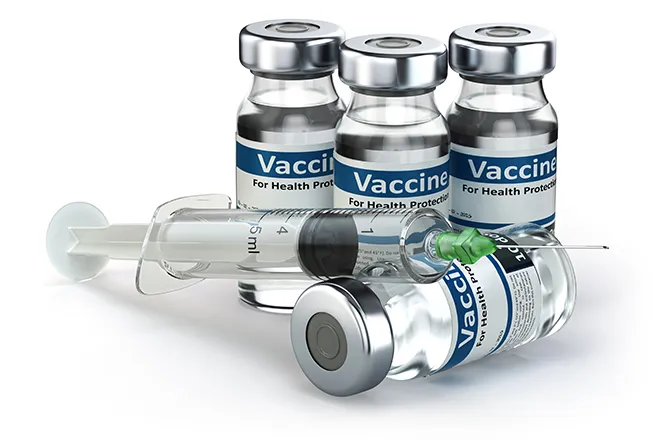
Colorado, nation face public health, climate risks as methane pollution soars
Click play to listen to this article.
(Colorado News Connection) Methane pollution is increasing at the fastest rate in decades, according to a new report, and that's making it harder to turn the tide on climate change and protect public health. Oil and gas operations are the single biggest source of methane pollution.
Megan Kemp, director with Healthy Air and Water Colorado, said when operators release methane, they are also releasing other toxins into the air known as volatile organic compounds, or VOCs.
"Alongside methane, benzene and other VOCs can worsen asthma and other respiratory diseases, it can even increase the risk of heart attacks and cardiovascular diseases, the risk of cancer, it can cause immune system damage, and even developmental problems in children," she explained.

On hot summer days, methane and other VOCs combine with sunlight to create ground-level ozone pollution, which has plagued Colorado's Front Range for years, and has led the Environmental Protection Agency to charge the state as a severe violator of clean-air standards.
The Colorado Oil and Gas Association says operators have cut methane and other ozone-related pollution by at least 50 percent, through regulation and new technologies.
The report's researchers have called for immediate action to cut methane pollution to slow an accelerating climate crisis. Kemp believes state regulators can do more to limit methane emissions, which are more than 80 times more powerful at trapping heat in the atmosphere than CO2.
"So, in addition to this ozone formation, it is contributing to the acceleration of extreme heat, increased vector-borne illnesses, decreasing water supply, water quality, and the list goes on," she continued.
The U.S. is the leading producer of crude oil, which ramped up with new fracking technologies. The rise in fracking also tracks with the rise in global methane emissions. Kemp said while cutting emissions is critical for a future livable climate, more attention needs to be paid to communities that have long lived in the shadows of refineries and other polluters.
"It is in our state statute to minimize adverse impacts from oil and gas for disproportionately impacted communities. And we see time and time again that our regulatory agencies are not stepping up and meeting the mandate," Kemp explained.















